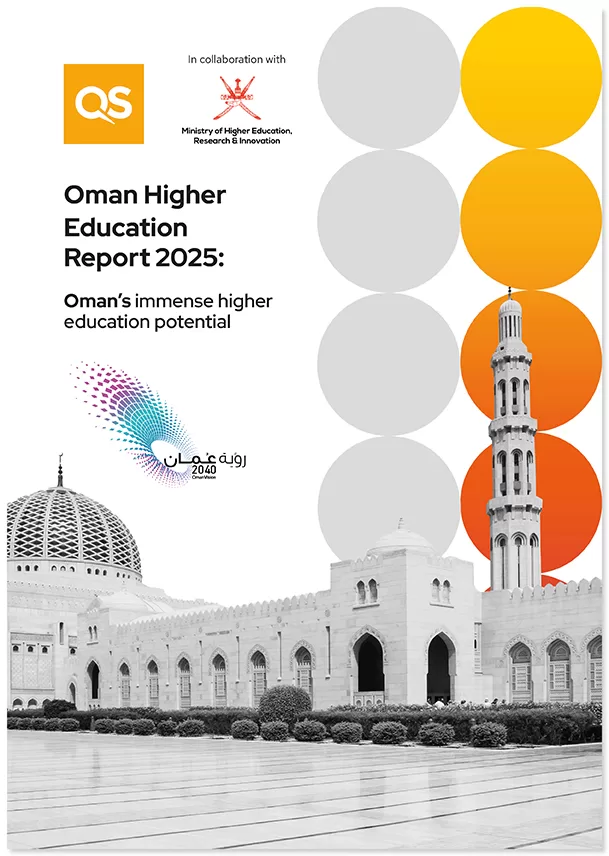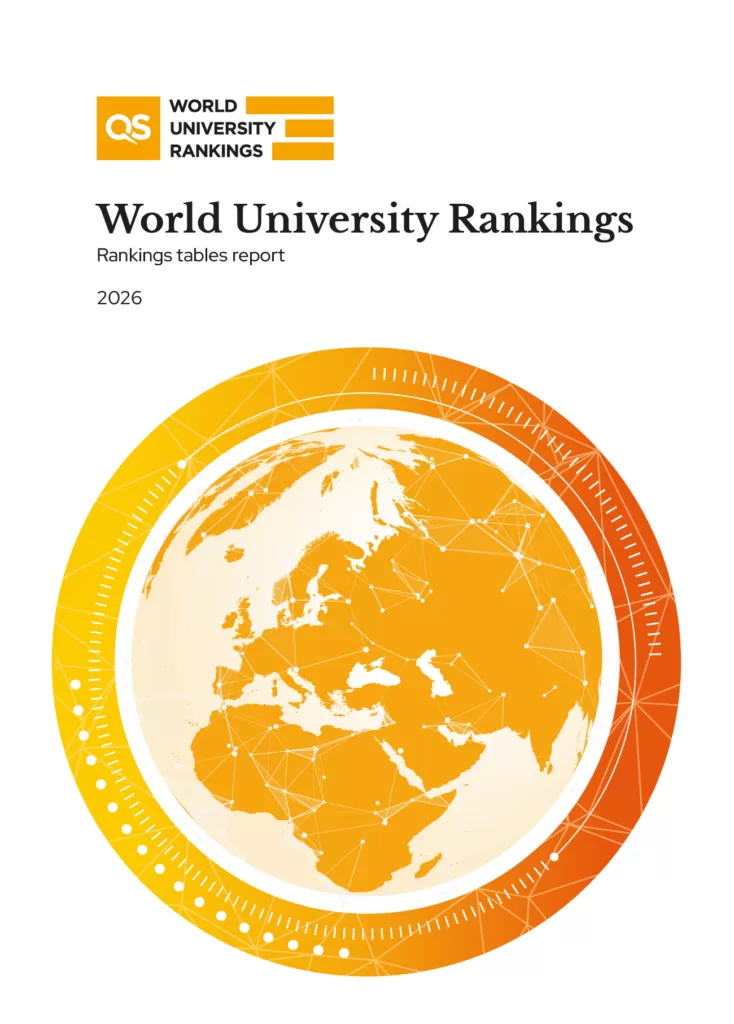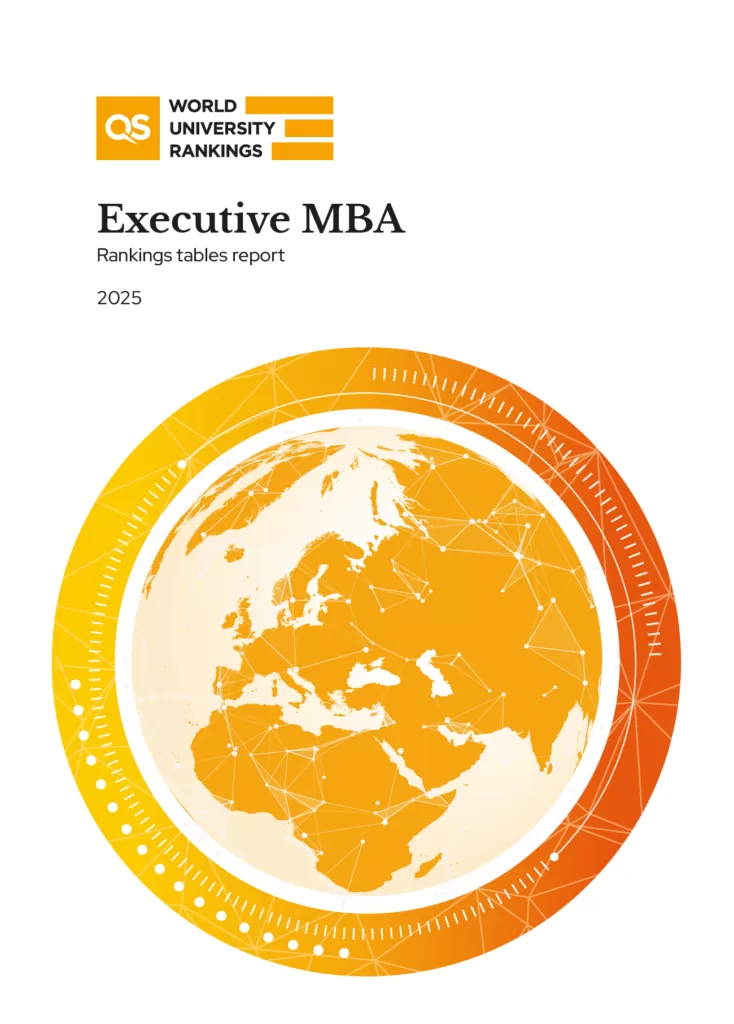
The fourth edition of the QS University Rankings: Arab Region continues to provide detailed insight into the region’s top universities as they attempt to increase their international profile, and the unique approach QS adopts for this region is designed to better illuminate the relative success of its universities in achieving this goal.
For this year’s rankings, 214 universities from 16 countries across the Arab region were carefully evaluated by QS, with 146 universities provisionally ranked this year, before selecting the region’s top 100 for the published ranking, based on 9 indicators:
- Academic Reputation
- Employer Reputation
- Faculty/Student Ratio
- Web Impact
- Proportion of Staff with PhD
- Citations per Paper
- Papers per Faculty
- Proportion of International Students
- Proportion of International Faculty



